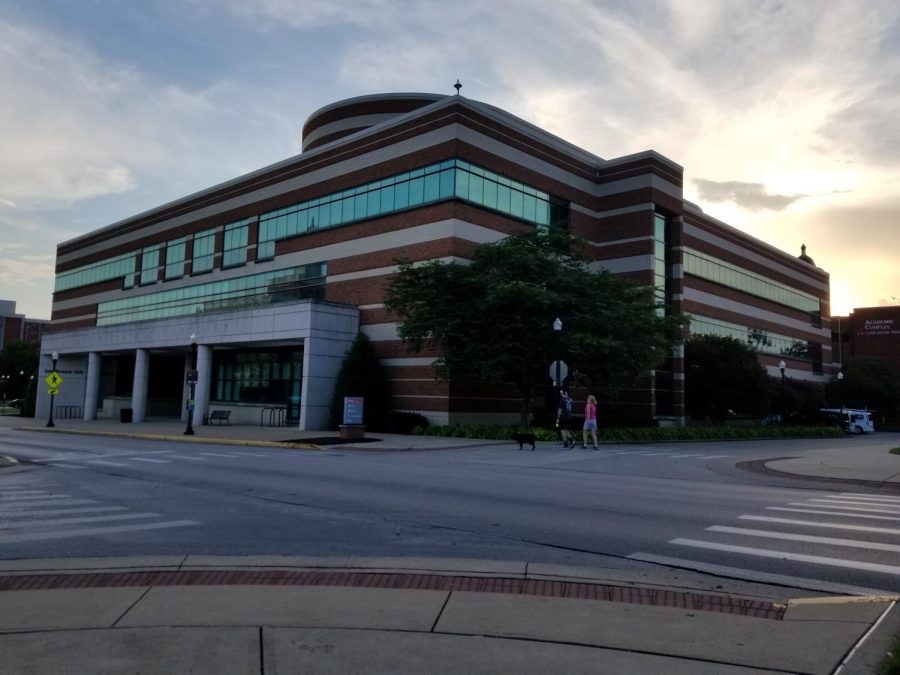‘We can’t just cover, we have to listen’: WKU School of Media hosts annual Gaines Family Lecture
An exploratory committee has submitted a report regarding a potential merger between WKU’s School of Media and Department of Communications that would, if approved, see both programs housed under one roof in Jody Richards Hall.
April 13, 2023
The annual Gaines Family Lecture was hosted by the WKU School of Media on Wednesday, April 12 at 7 p.m. in Jody Richards Hall Auditorium. The lecture hosted three professional journalists to speak about representation in media and how news organizations are reexamining the way they report on minority communities.
Mará Rose Williams, assistant managing editor for race & equity issues at the Kansas City Star, Kyndell Harkness, assistant managing editor of diversity/community at the Minneapolis Star Tribune and Rochelle Ritchie, a media and crisis communications expert and writer, were the three reporters that offered their insight. The journalists are women of color and discussed how they have started change within their organizations.
The speakers focused on how news organizations changed after the death of George Floyd and the protests that followed. They discussed the importance of a minority perspective.
“We can’t just cover, we have to listen,” Ritchie said. “The reason why black communities are not being covered in the way that they should be is because people are not listening.”
For years, these reporters were not only the only women of color within their organization but also the only people of color. During the protests, they had to make their voices heard.
“We had to make some choices,” Harkness said. “I’m the only person of color in that room and so my voice was important.”
It was important to show the diversity within the protests and riots. The speakers discussed how stereotypically, when people think of looting, they only think of people of color, but that was not the case during the riots.
“As the protests were multicultural, so was the looting,” Harkness said. “So, it was important that that was shown.”
Williams also reflected on her time reporting on the protest.
“I realized that what I saw was people of any age, people of every hue, people from every economic background, all people from all different places in one place with one common cause saying stop police brutality,” Williams said.
Adi Schanie, a sophomore, asked about how the reporters stay “proactive” in finding stories like this that become more than “just another email that every other station is getting.”
In answer, Ritchie spoke of the importance of investigative journalism, as being curious and skeptical leads to digging deeper, which is where the stories are.
“It’s about being curious about the information that people are sharing with us,” Ritchie said. “That’s how you find the topics that nobody else is talking about.”
News reporter Izzy Lanuza can be reached at [email protected].


























